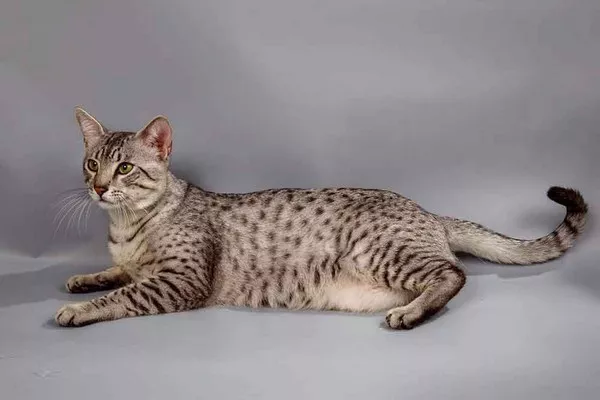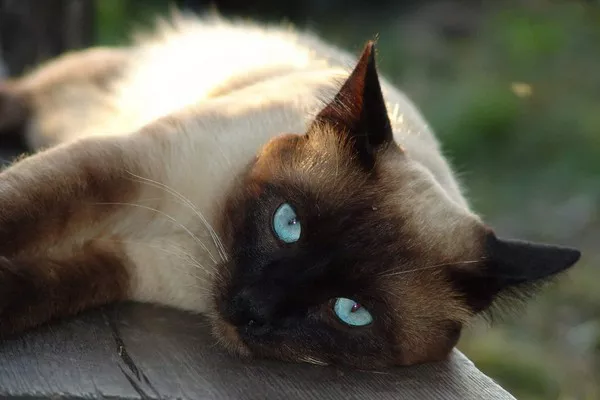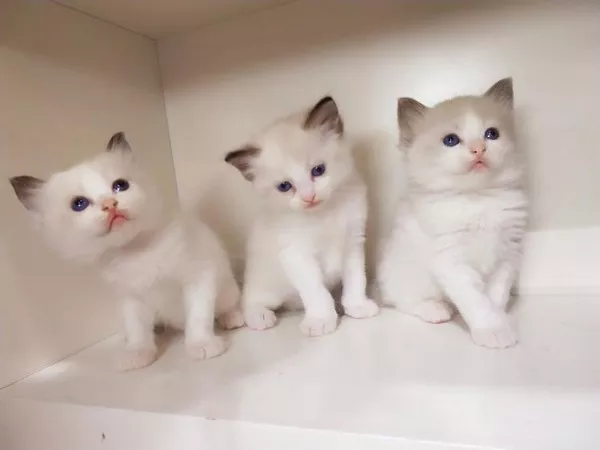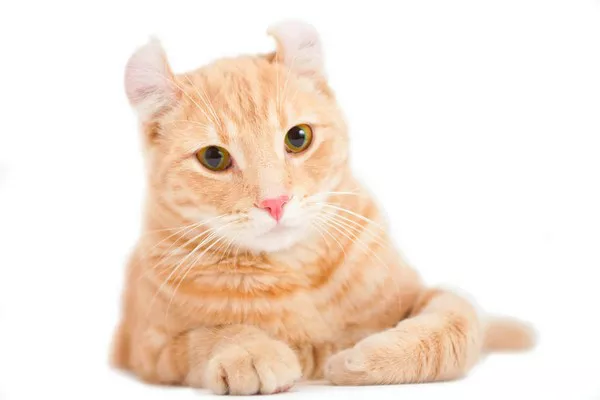The Egyptian Mau is a striking and exotic breed of cat known for its unique appearance and graceful demeanor. With their elegant spots and captivating green eyes, Egyptian Maus are a favorite among cat enthusiasts. If you’re considering welcoming one of these beautiful felines into your home, it’s essential to understand their health needs and any potential health problems they may face. In this article, we will explore the health of Egyptian Maus and the steps you can take to keep them happy and thriving.
The Egyptian Mau: A Brief Overview
Before delving into their health, let’s get acquainted with the Egyptian Mau. This breed is often recognized for its distinctive coat pattern, which resembles the coat of a wild leopard. “Mau” means cat in Egyptian, and these cats have a lineage dating back thousands of years. Their history is intertwined with ancient Egypt, and their appearance pays homage to the revered cats of that era.
Egyptian Maus are medium-sized cats with well-defined muscles, an elegant posture, and a short coat covered in random spots. Their most striking feature is their large, expressive eyes, which can be green or gooseberry green. These cats are known for their intelligence, agility, and friendly disposition.
Health Problems in Egyptian Maus
Like all cat breeds, Egyptian Maus can be prone to certain health issues. While they are generally considered a healthy breed, it’s crucial to be aware of potential health concerns so you can provide the best care for your feline companion.
Here are some health problems that Egyptian Maus may be at risk for:
Hypertrophic Cardiomyopathy (HCM): HCM is the most common heart disease in cats, and Egyptian Maus can be susceptible to it. This condition involves the thickening of the heart muscle, which can affect the heart’s ability to pump blood effectively. Regular veterinary check-ups can help monitor your Mau’s heart health.
Spinal Muscular Atrophy (SMA): SMA is a genetic disorder that can affect Egyptian Maus. It causes muscle weakness and, in severe cases, paralysis. Responsible breeders can test for this genetic mutation to avoid breeding cats that may pass on the disease.
Patellar Luxation: This condition involves the dislocation of the kneecap and can be seen in some Egyptian Maus. It may cause lameness or difficulty in walking. Surgical correction may be necessary in severe cases.
Gingivitis and Periodontal Disease: Dental health is essential for all cats, including Egyptian Maus. They can be prone to gingivitis and periodontal disease if dental care is neglected. Regular tooth brushing and dental check-ups are recommended.
Allergies: Egyptian Maus may be sensitive to certain allergens, leading to skin issues or respiratory problems. Identifying and managing allergies is essential to keep your cat comfortable.
Obesity: While not specific to Egyptian Maus, obesity is a health concern for all cats. These cats are active and playful, so providing them with regular exercise and a balanced diet is crucial to prevent obesity.
Caring for Your Egyptian Mau’s Health
To ensure your Egyptian Mau enjoys a long and healthy life, there are several steps you can take:
Regular Vet Check-ups: Schedule annual check-ups with your veterinarian to monitor your Mau’s overall health. These visits are an opportunity to catch and address any health concerns early.
Heart Health Monitoring: Given their predisposition to HCM, it’s crucial to monitor your cat’s heart health. Your veterinarian may recommend regular heart screenings, especially as your cat ages.
Genetic Testing: If you are getting an Egyptian Mau from a breeder, inquire about genetic testing for conditions like SMA. Responsible breeders aim to reduce the risk of hereditary health issues.
Dental Care: Implement a dental care routine for your Mau, which may include regular tooth brushing and dental check-ups. Good oral health can prevent gingivitis and periodontal disease.
Weight Management: Maintain a healthy weight for your Egyptian Mau through proper nutrition and regular exercise. Interactive toys and playtime are excellent ways to keep them active.
Allergy Management: If your Mau exhibits signs of allergies, work with your veterinarian to identify and manage the allergens responsible for the symptoms.
Quality Nutrition: Provide your cat with a well-balanced, high-quality cat food that meets their nutritional needs. Consult with your veterinarian to determine the best diet for your Mau’s health.
Conclusion
Egyptian Maus are generally a healthy and robust breed, but like all cats, they may be susceptible to certain health problems. By staying informed about these potential issues and taking proactive steps to care for your Mau’s health, you can ensure that your feline companion enjoys a happy and fulfilling life. Regular veterinary care, a healthy lifestyle, and a loving environment are key to keeping your Egyptian Mau in excellent health.



























